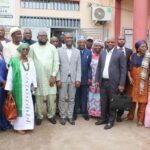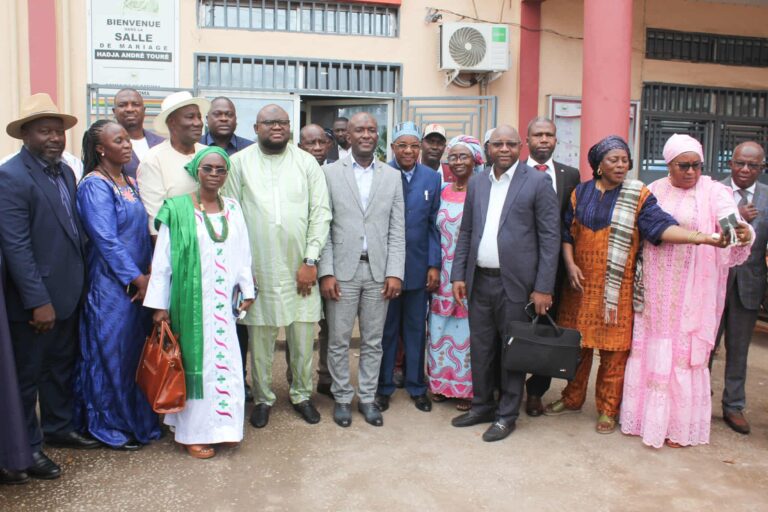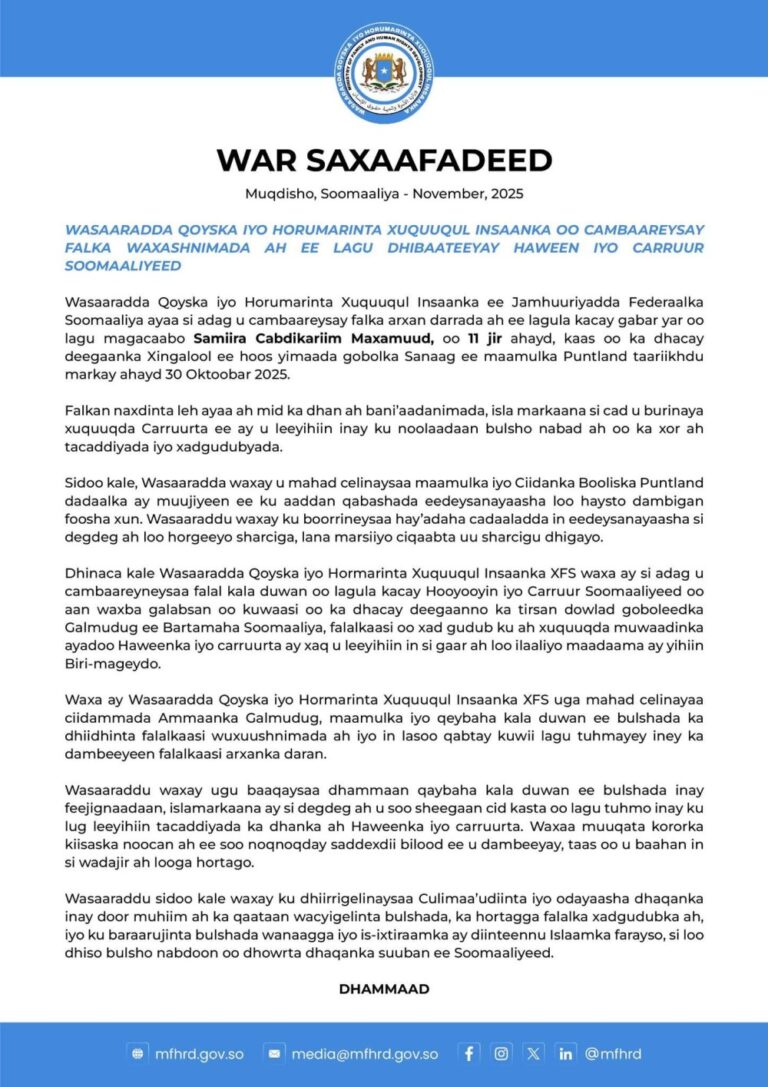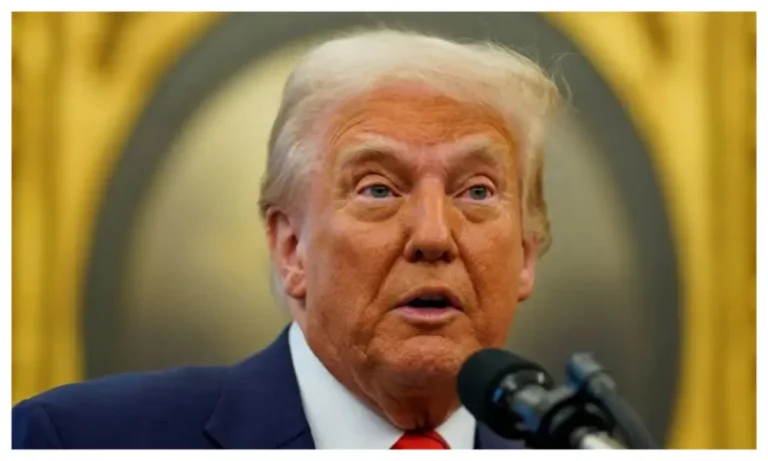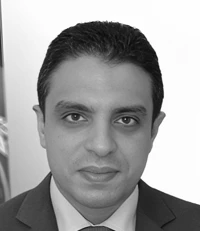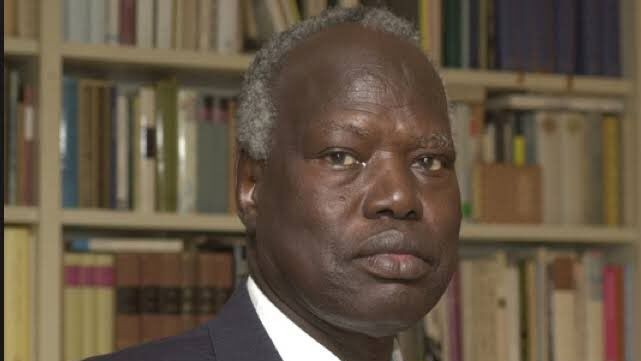
JUBA – Prominent South Sudanese figures have paid tributes to veteran journalist and politician Bona Malwal Madut Ring, describing him as a fearless public intellectual, a mentor, and a unifying figure whose influence spanned journalism, politics, and diplomacy for more than half a century.
Malwal, 97, passed away this week, according to family sources who confirmed the news on Sunday.
Former University of Juba Vice Chancellor Professor John Akec said he was “shocked and saddened” by Malwal’s passing, calling him a “towering journalist, writer, and politician” who shaped national conversations in both Sudan and South Sudan from the 1960s to the present day.
“Uncle Bona made politics very interesting with his unique way of expressing his views in writing,” Akec said. “His last memorable contribution to national politics was his energetic participation in the National Dialogue. He will be greatly missed.”
Ateny Wek Ateny, former Press Secretary in the Office of the President, described Malwal as “an encyclopedia of wisdom and knowledge” whose life’s work inspired courage and independent thought in generations of South Sudanese.
“As a boy in the Southern Front Party Youth League, I met Uncle Bona for the first time in 1978. He was friendly and inspiring,” Ateny recalled. “Later, I became his close friend in London, where he welcomed people from all walks of life. He never discriminated and valued everyone equally.”
A fearless journalist and mentor
Ateny credited Malwal for shaping his own voice as a journalist and political commentator. “Uncle Bona taught me to master how to speak courageously and without fear,” he said.
“As editor of the Vigilant Daily, he was the only editor among more than twenty newspapers who reported the Wau Massacre in 1965, when Southern Sudanese officials were slaughtered during a wedding. His bravery under a brutal dictatorship remains unmatched,” he added.
Malwal’s career as a journalist and politician was marked by defiance and conviction. He was among the founding members of the Southern Front Party, a political movement that championed Southern Sudanese rights before the second civil war.
He later served as Minister of Information and Culture in the Sudanese government and became one of the most prominent Southern Sudanese voices in Khartoum.
Following South Sudan’s independence, Malwal remained a key political figure, serving as Presidential Advisor on National Affairs and helping to steer the National Dialogue process aimed at reconciliation and unity.
Ateny said the country had lost one of its most distinguished statesmen. “South Sudan has lost its knowledge in the form of a man who lived with dignity and bravery even in circumstances where others would not dare,” he said.
He added that he had recently tried to visit Malwal through his son, Akuei Bona Malwal, now Deputy Minister of Foreign Affairs, but was unable to see him before his death. “I am deeply saddened that I did not have one last conversation with him,” he said.
The government has yet to make an official statement, and funeral arrangements are yet to be announced by the family.


